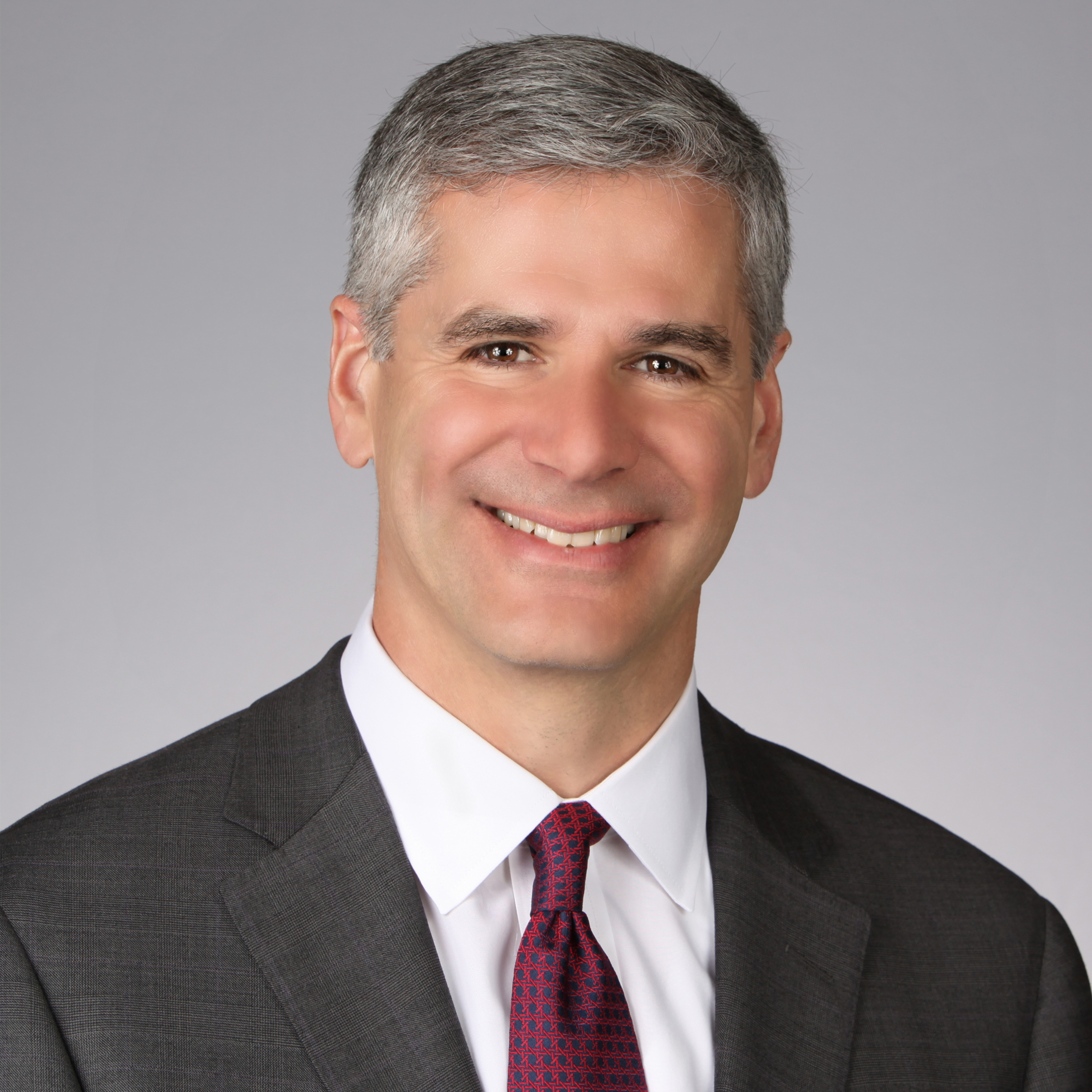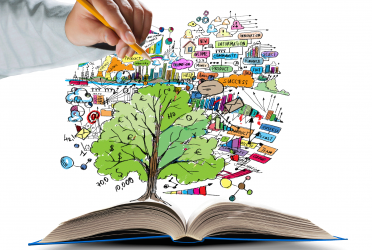Michael Mauboussin is Head of Global Financial Strategies at Credit Suisse in New York. He is also an adjunct professor of finance at Columbia Business School and the author of three books, most recently, The Success Equation: Understanding Skill and Luck in Business, Sports, and Investing. He is also the chairman of the board of trustees at the Santa Fe Institute, dedicated to transdisciplinary research in complex systems. Mauboussin visited WID in May and gave a talk entitled “The Science of Success: What’s luck got to do with it?” as part of C4’s John von Neumann Public Lecture Series.

What do you work on?
Broadly, my team and I work on the process behind investment decisions. Our primary audience consists of investment and corporate managers, but the principles apply quite widely. Specifically, we focus on four areas: theories of how markets work, valuation, competitive strategy analysis, and decision making. We want to understand why markets are generally efficient but sometimes go haywire. Valuation is a means to translate from price to value and back again. Competitive strategy attempts to apply frameworks to effectively anticipate the future of an industry or a company. And decision making dwells on how we are supposed to approach problems and how we depart from the ideal.
What are your tools for analysis?
I can address that at two levels. At a higher level, we demonstrate a lot of intellectual promiscuity. We grab ideas and frameworks from scholars across a wide range of disciplines, including finance, management, strategy, biology, economics, psychology and history. We work hard to provide proper attribution, as we really celebrate all of the ideas. We also work with lots of the talented folks in our firm who have varied responsibilities and skills. At a more mundane level, we work with large, but not huge, data sets and do most of the work in standard spreadsheets.
“…we demonstrate a lot of intellectual promiscuity. We grab ideas and frameworks from scholars across a wide range of disciplines, including finance, management, strategy, biology, economics, psychology and history.”
-Michael Mauboussin
Tools for Writing?
We spend a lot of time on writing and effective communication. I’ll mention two avenues of my own improvement. The first is having a great editor. Two of my books have been edited by Laurence Gonzales, and not only did he improve the actual text, he gave me lessons in writing along the way. I also appreciate Laurence because he’s not from my professional world, so he insists on language that is both accurate and readable. Second, I have benefited from books on writing. For example, I found Steven Pinker’s recent book, The Sense of Style, very helpful. In particular, he discusses the “curse of knowledge” – information that is in the head of the author but not the reader. Minding that curse and recognizing that good writing is visual and concrete are a couple of good lessons.
Tools for Collaboration?
What’s most gratifying for me – not just professionally but personally as well – is the process of cultivating a network of fabulous friends and colleagues who have a wide range of interests and expertise. It is not that I am collaborating with them, but rather learning from their distinct points of view. This allows me to think better and to try to synthesize varied ideas. We also collaborate a great deal within the firm, effectively tapping the expertise within. So while the tools of collaboration are mainstream, the value is in the network.
Your ultimate tool for discovery?
Books. I find almost no activity as fruitful for learning as reading. If innovation relies on combining building blocks in novel ways, reading is the primary source of the blocks. There is no more gratifying feeling than making the connection between ideas to come up with an insight or solution. If I have made any contribution, it is the result of reading and the lessons I learned. I’ll end with the point that a diverse group of friends provides a rich, curated list of things to read. What could be better?
— curated by Nolan Lendved


You must be logged in to post a comment.